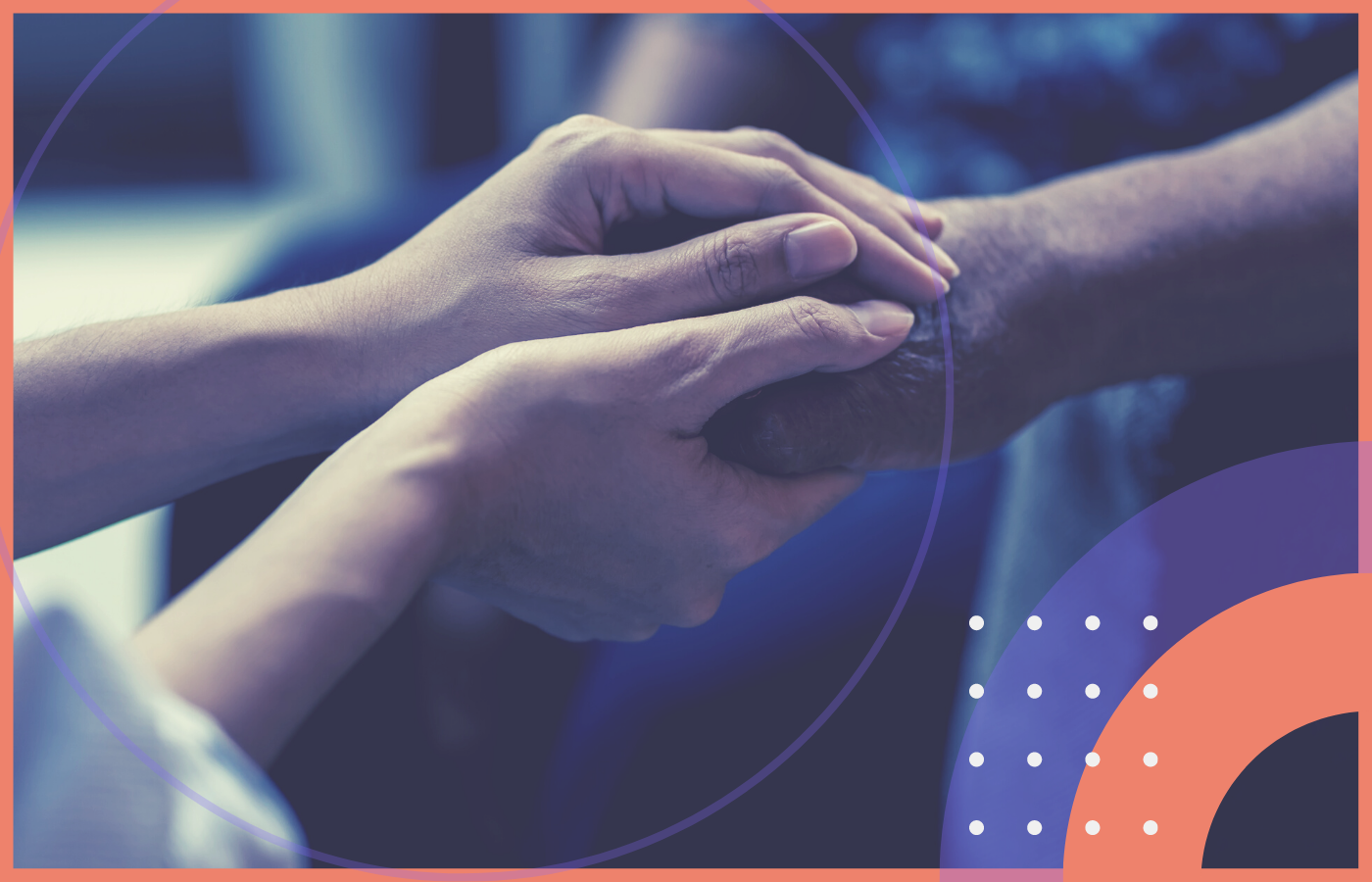Electronic medical records, or EMRs, can help you transform your practice from a stagnant business into a fast-paced and efficient facility without sacrificing client care. Through the elimination of paperwork, you’ll say goodbye to mistakes and busy work and say hello to optimization and high-quality care.
Technology is Vital to Our Lives
Every aspect of our lives seems to be inundated with technological improvements, and the healthcare industry is no stranger to technology. While most technological advancements in healthcare occur in the research and development of medicines and treatments, it’s important to understand the day-to-day interactions that clinicians have with their clients and find ways to optimize those processes.
And it’s a space that needs a lot of help. Studies show that some clinicians spend over 66% of their time doing paperwork. If you work in the healthcare industry and your aim is to help patients, this statistic should be disheartening. Any technological tool that can minimize paperwork and maximize care will improve the industry, from community behavioral health agencies to addiction treatment facilities, for years to come.
EMRs are one simple change that minimizes paperwork and allows for more efficient and safe care. By keeping medical records digitally, clinicians can easily pull them up, find out the information they need, and spend more time treating the client in front of them.
Client Safety
Client safety is the first and foremost concern for most healthcare providers. EMRs are great assets to ensure client safety, starting with record safekeeping. Many addiction treatment centers of behavioral health providers are concerned about digital documents and the safety issues they may pose. EMRs place a lot of energy and importance in keeping your clients’ records safe and secure through methods that comply with HIPAA regulations.
But it’s not just safe digital records—it’s the safety of certainty. Most mistakes happen in moments of tedious transcription. Fewer papers flying around the office means less copying information, which means fewer mistakes. Avoiding these mistakes can save lives. EMRs also help you avoid misspelling, handwriting legibility issues, and terminology confusion.
EMRs also provide clinicians with a lot more information than they would usually get. This information surplus leads to a more in-depth analysis and diagnosis. Clinicians can see medical history going as far back as the data allows, rather than just information from their client’s last visit. With all of this information about each client, clinicians are in a much better position to prescribe medication. They can see what worked, what didn’t, and make decisions that will ultimately impact the lives of their clients for the better.
Organized & Efficient Facility
EMRs aren’t just beneficial for the client. Any addiction treatment center or behavioral health provider who uses EMRs is much more likely to create an efficient process for their daily routines. Clients may have complex needs, and in order to provide good care, clinicians need good sources of information, good relationships with colleagues and clients, and good tools to facilitate their work. EMRs help solve all those aspects.
In healthcare facilities that use EMRs, 65% of clinicians report seeing improvements in client care. This is not surprising. One way in which client care has deeply improved from the perspective of the clinician is the amount of information that is now readily available. Clinicians who use EMR report being more informed, both about their client and larger trends in their area, due to the data available through their platform. Clinicians can view and print graphs that show information in visually perceptive ways that enhance understanding for the client.
EMRs also help enhance relationships with other healthcare providers. When a client receives treatment at your facility, it is likely they are seeing other specialists as well. They may have a primary care physician they like and other healthcare providers they seek for specific ailments. With EMRs, it’s incredibly easy to share any information between clinicians. Multiple care providers, regardless of location, can access your client’s medical history, giving everyone up-to-date information to best serve that client. This can also make communication with the client easier, giving them a sense of safety and assuring them they are receiving the care and attention they need.
One of the most important aspects of using an EMR, from the perspective of a clinician, is the optimization of daily workflow. Being able to load documents quickly and using less paper allows clinicians to see more clients each day, providing more people with care and focusing less on the busywork that surrounds medicine. And of course, less paperwork means less storage, which frees up physical space for a new office or treatment room.
Request a free demo today to learn more about how Alleva, the friendliest EMR on the market, can help you get back to doing what you do best.

